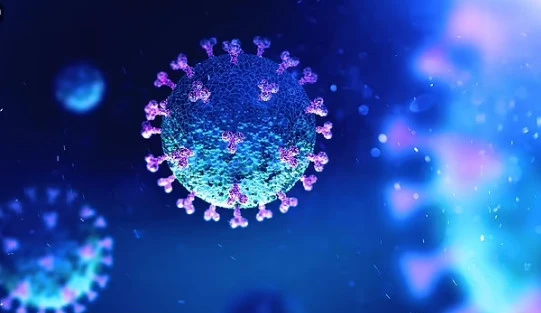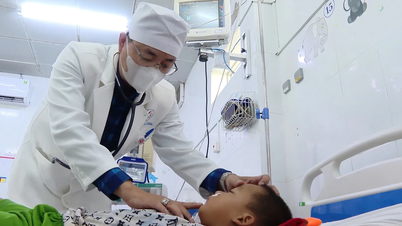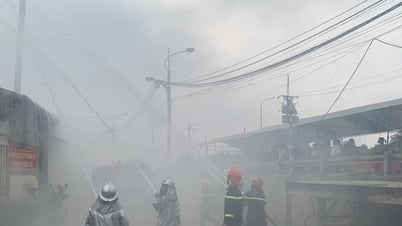According to the World Health Organization (WHO), in recent weeks, the JN.1 variant has continued to be reported in many countries and has increased rapidly globally. Due to its increasing spread, WHO is classifying JN.1 as a variant of concern.

According to WHO, JN.1 is classified as a variant of concern.
The JN.1 variant has now been recorded in 12 countries, including Canada, France, the UK, Singapore, Sweden and China.
The US Centers for Disease Control and Prevention (CDC) said that as of December 22, JN.1 is the fastest growing and dominant variant in the US, according to USA Today .
Based on its findings, the US CDC estimates that the JN.1 variant now accounts for about 39-50% of all new Covid-19 infections.
The increase in JN.1 cases is due to fewer Americans getting vaccinated against Covid-19. The CDC says JN.1 is more transmissible than other variants, but so far, the spread of JN.1 does not appear to pose an additional public health risk.

Symptoms of infection with the JN.1 variant are similar to other variants, including fever or chills, cough, sore throat, stuffy or runny nose...
What are the symptoms of the JN.1 variant?
The US CDC said symptoms of the JN.1 variant are similar to other variants, including fever or chills, cough, sore throat, stuffy or runny nose, headache, muscle pain, shortness of breath, fatigue, loss of taste or smell, brain fog, gastrointestinal symptoms such as stomach upset, mild diarrhea, vomiting, according to USA Today.
Source link



![[Photo] Prime Minister Pham Minh Chinh chairs conference on anti-smuggling, trade fraud, and counterfeit goods](https://vphoto.vietnam.vn/thumb/1200x675/vietnam/resource/IMAGE/2025/5/14/6cd67667e99e4248b7d4f587fd21e37c)




























































































Comment (0)